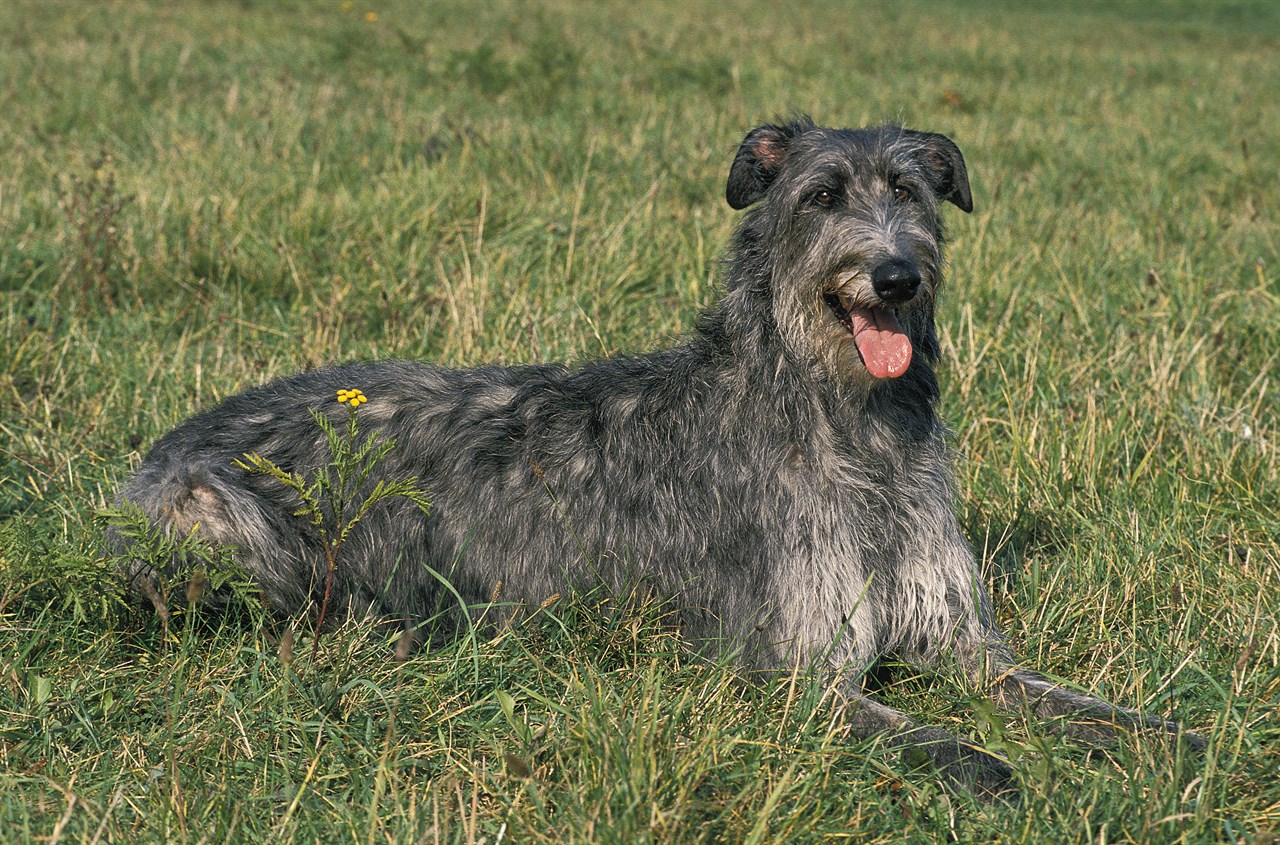Deerhound Common Health Issues: Ensuring a Healthy Companion

Deerhounds, like all dog breeds, are susceptible to certain health issues. While they are generally considered a healthy breed, it's essential for prospective owners to be aware of these potential health concerns and work closely with veterinarians and responsible breeders to ensure the well-being of their Deerhound companions. Here are some common health issues that can affect Deerhounds:
Bloat (Gastric Torsion)
Bloat is a life-threatening condition that can affect deep-chested breeds like Deerhounds. It occurs when the stomach fills with gas and twists on itself, cutting off blood flow. Symptoms include restlessness, pacing, drooling, and a distended abdomen. Immediate veterinary attention is crucial to treat bloat, and surgery may be necessary to correct the condition.
Cardiomyopathy
Cardiomyopathy is a heart condition that can affect Deerhounds. It can lead to issues with the heart's ability to pump blood effectively, causing symptoms such as lethargy, coughing, and difficulty breathing. Medications and lifestyle modifications can help manage this condition and improve the dog's quality of life.
Osteosarcoma
Osteosarcoma is a type of bone cancer that can occur in Deerhounds. It often presents as lameness or swelling near a bone. Treatment usually involves surgical removal of the affected bone, followed by chemotherapy. Early detection and intervention are critical for a better prognosis.
Gastrointestinal Sensitivity
Some Deerhounds may have sensitive digestive systems and be prone to food allergies, irritable bowel syndrome (IBS), or other gastrointestinal issues. Maintaining a consistent and high-quality diet can help manage these sensitivities.
Hypothyroidism
Hypothyroidism occurs when the thyroid gland does not produce enough thyroid hormones. Symptoms may include weight gain, lethargy, and skin issues. Medication can help manage this condition and restore thyroid hormone levels to normal.
Eye Conditions
Deerhounds can be susceptible to certain eye conditions, such as cataracts, retinal disease, and progressive retinal atrophy (PRA). Regular eye examinations by a veterinary ophthalmologist can help detect and manage these issues.
Responsible Breeding and Health Screening
To mitigate the risk of hereditary health issues, it's crucial to choose a responsible breeder who conducts health screenings on their breeding dogs. Health testing can help identify potential genetic problems and ensure that breeding pairs are healthy and free from known hereditary conditions.
Regular veterinary check-ups, a balanced diet, exercise, and a loving home environment can all contribute to the overall health and well-being of your Deerhound. If you're considering bringing a Deerhound into your family, be prepared to work closely with a veterinarian and a responsible breeder to address any health concerns and provide the best possible care for your regal companion.
Deerhound puppies for sale
- Find Deerhound puppies for sale in ACT
- Find Deerhound puppies for sale in NSW
- Find Deerhound puppies for sale in NT
- Find Deerhound puppies for sale in QLD
- Find Deerhound puppies for sale in SA
- Find Deerhound puppies for sale in TAS
- Find Deerhound puppies for sale in VIC
- Find Deerhound puppies for sale in WA